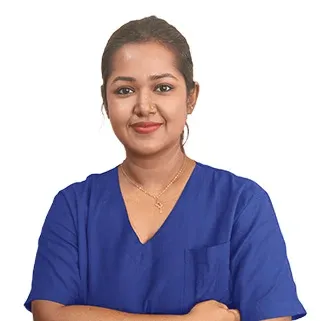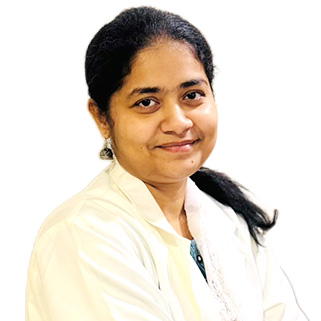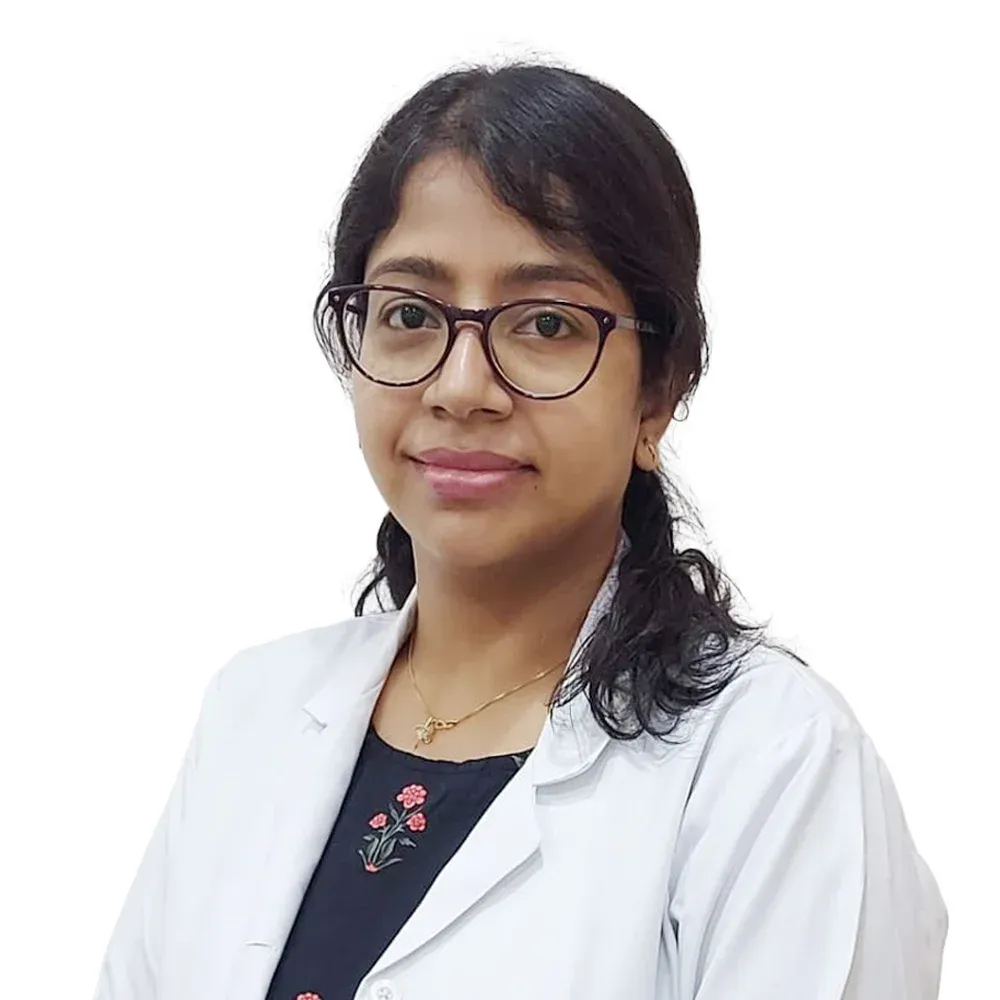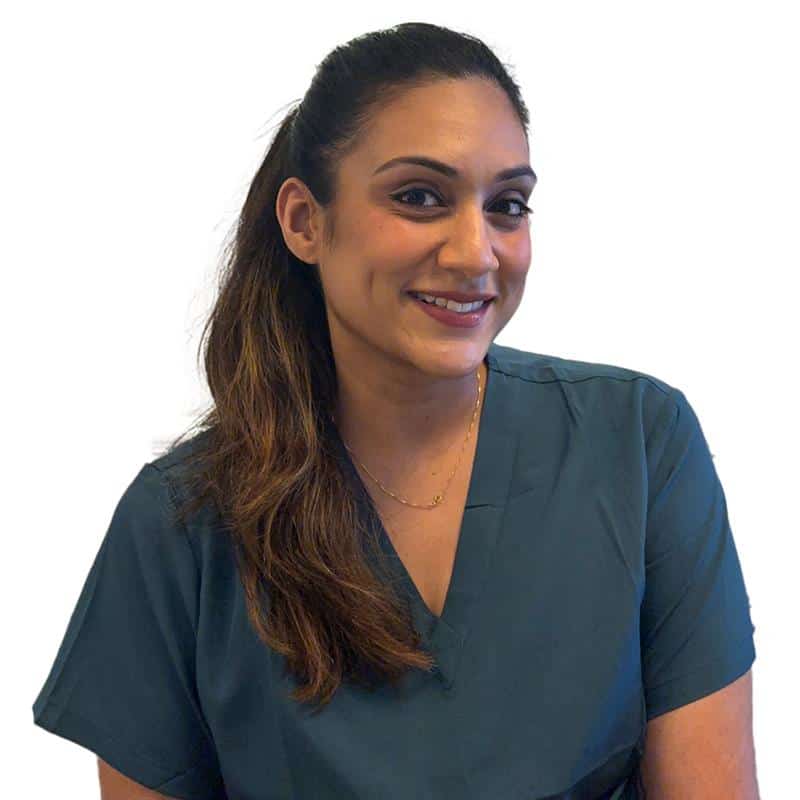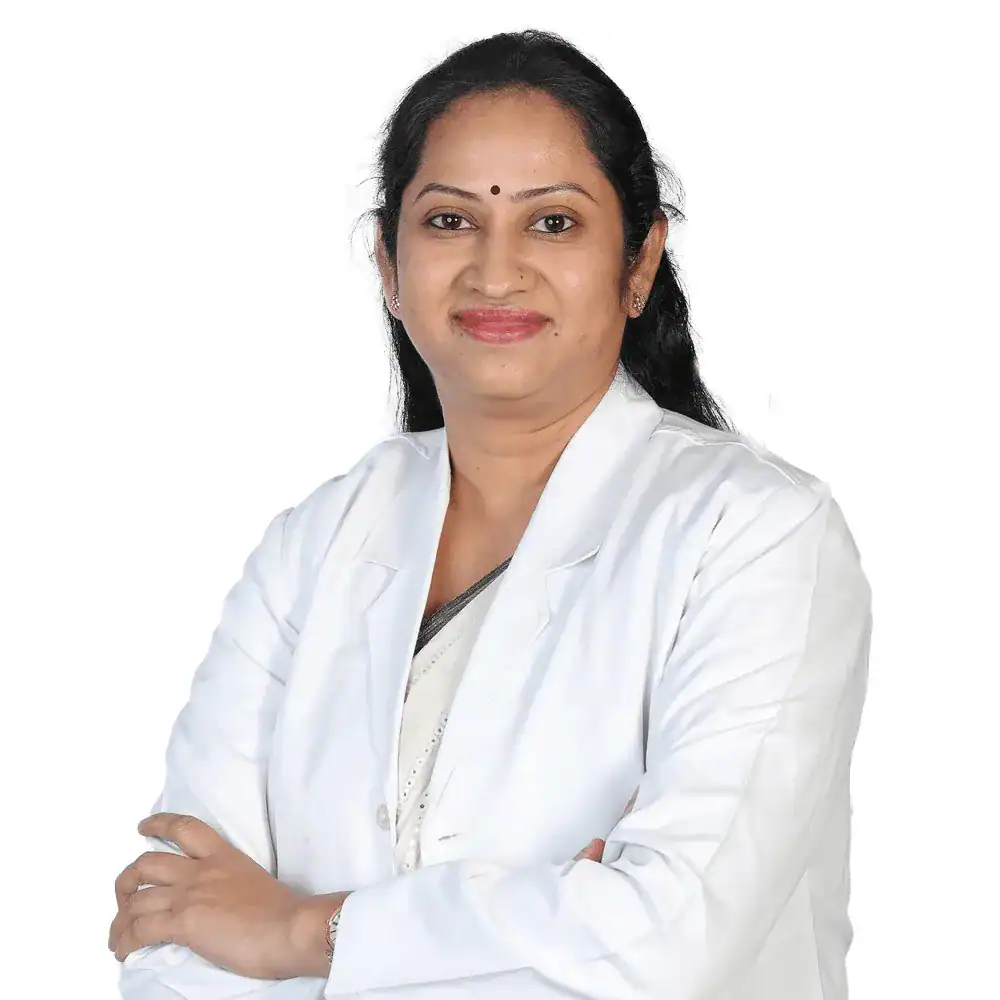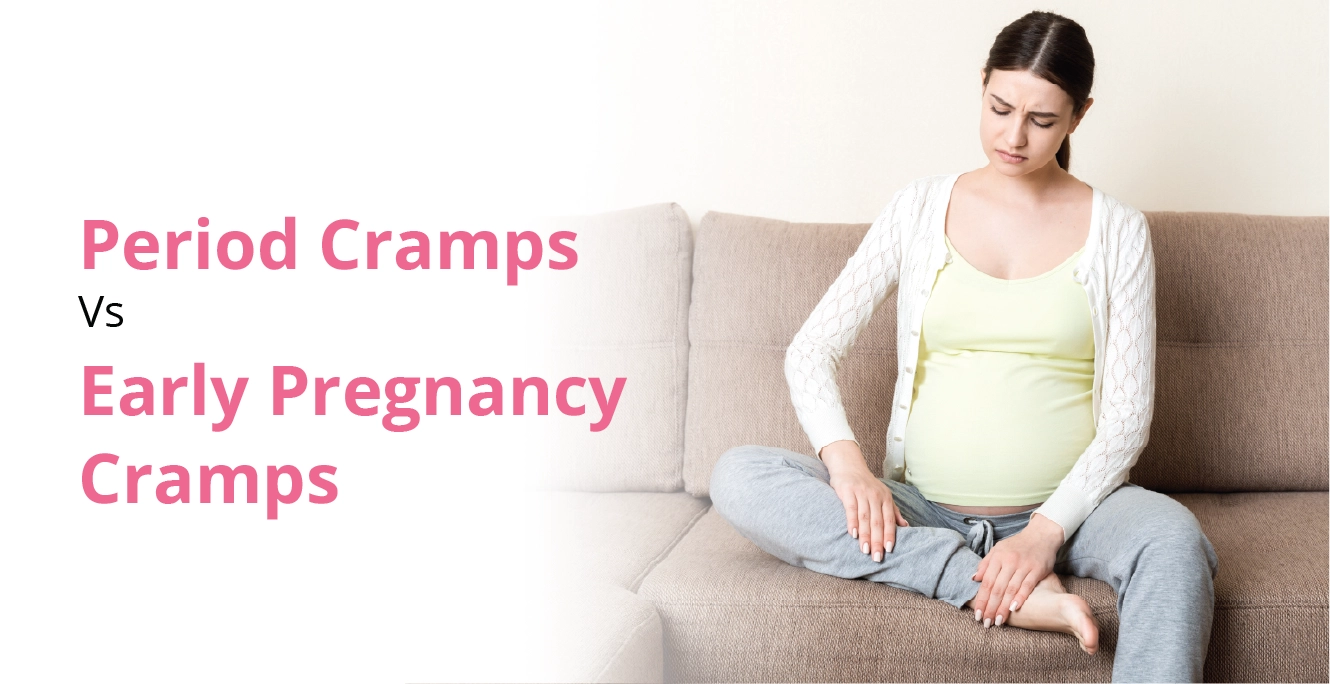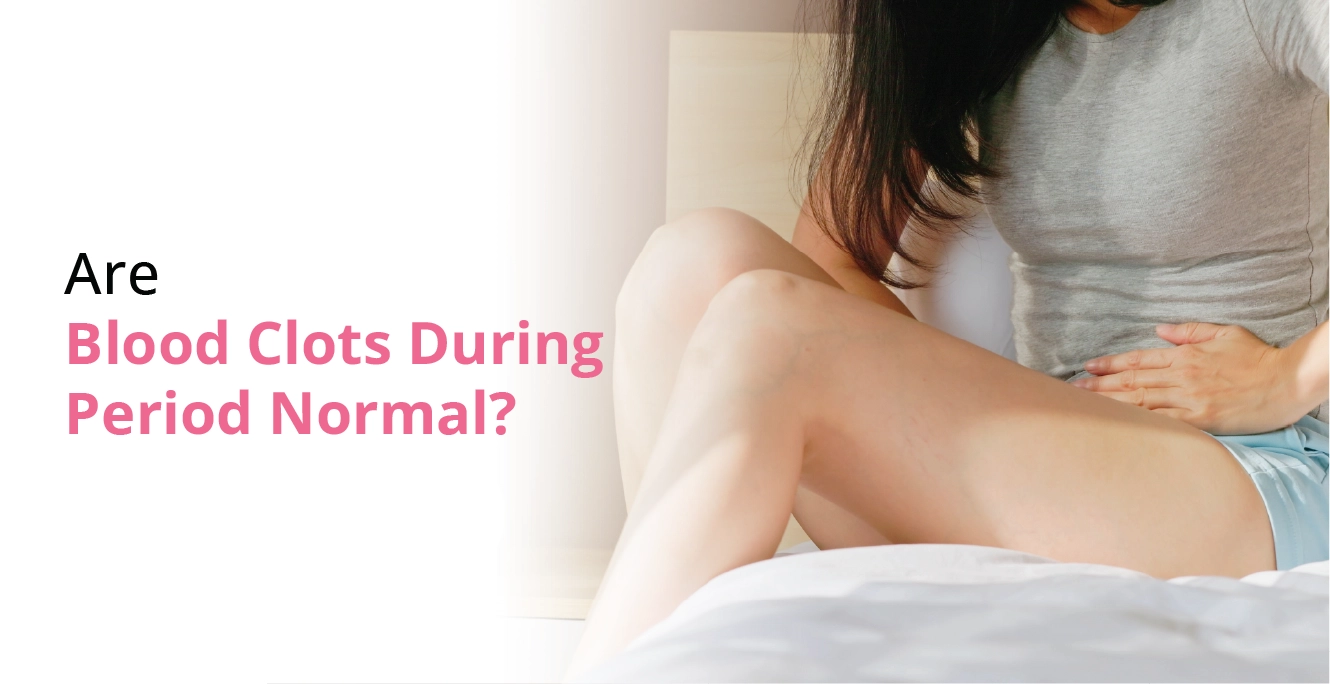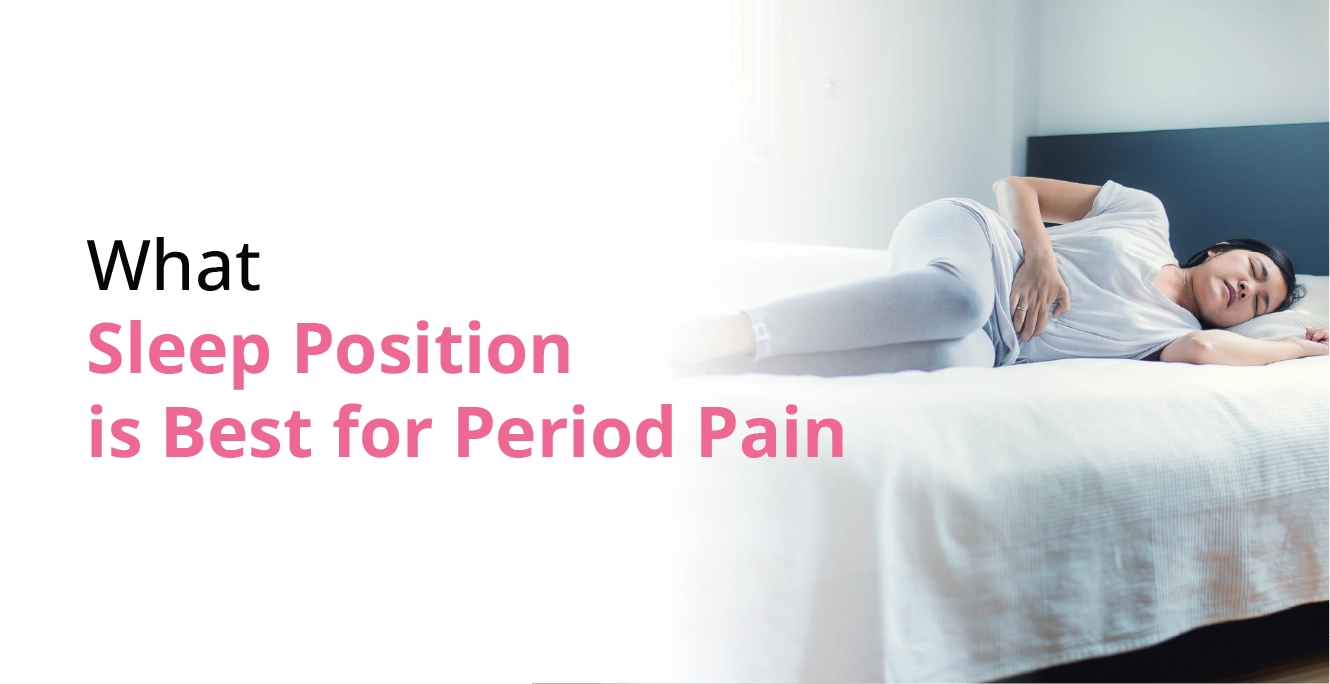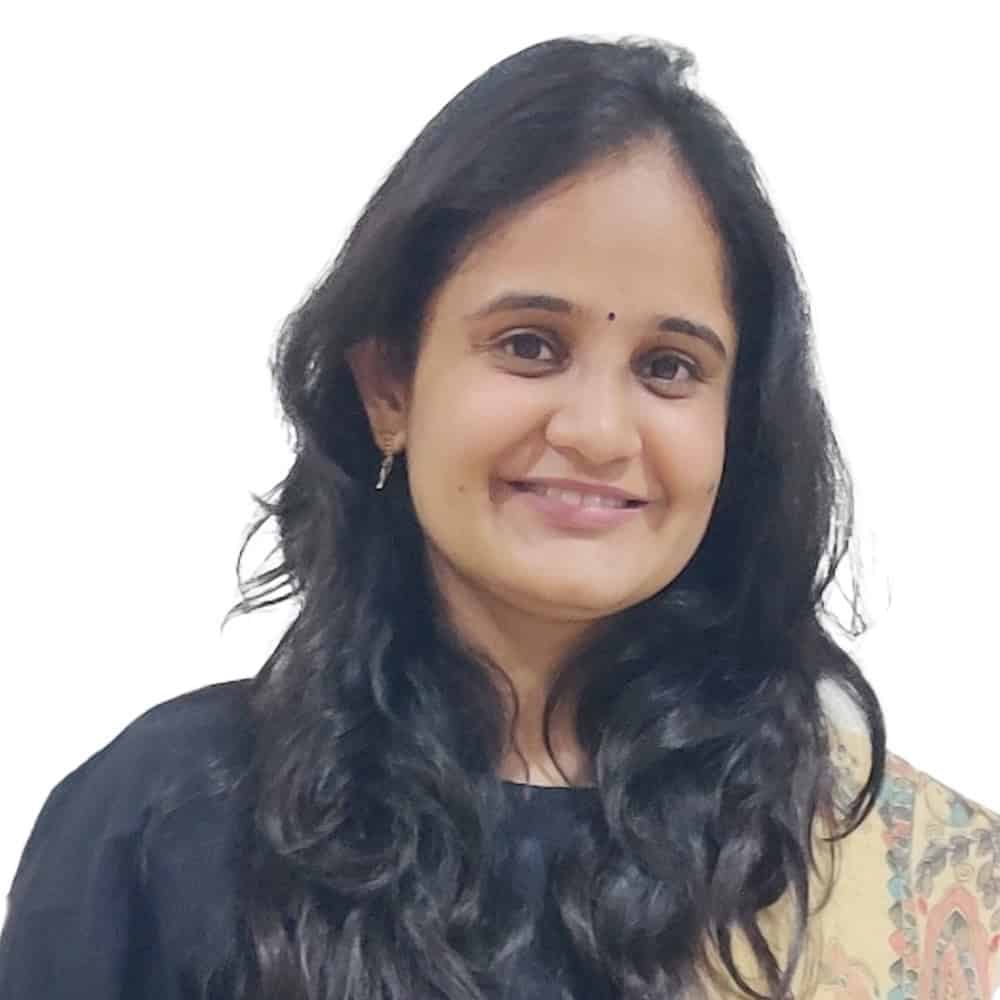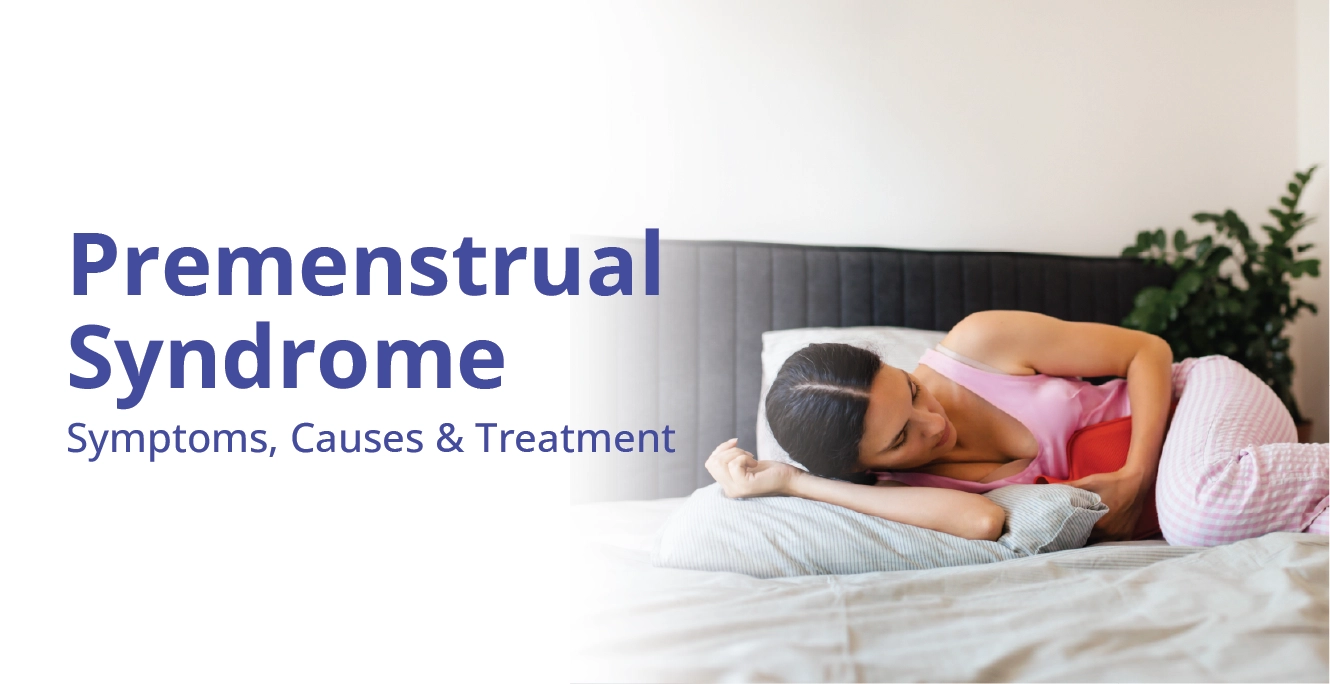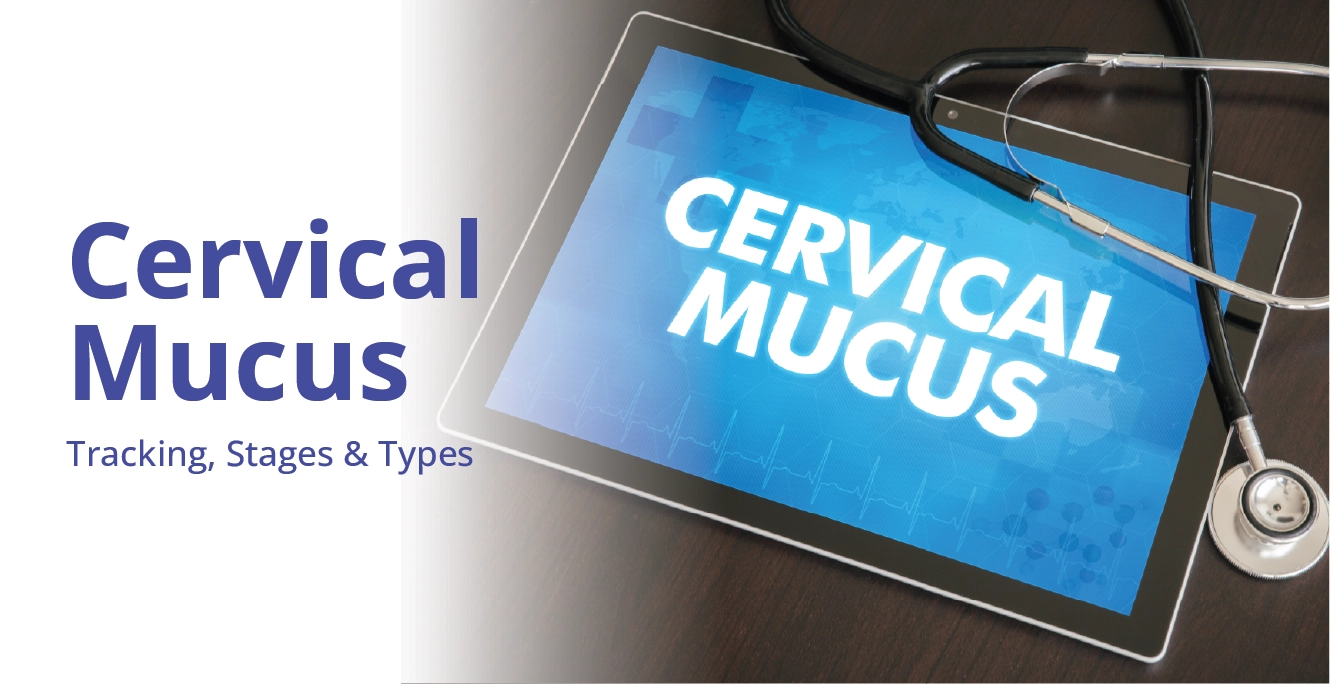
How Many Days After Your Period Can You Get Pregnant?

Table of Contents
- Understanding Menstrual Cycle and Its Phases
- What is the Fertility Window and Why is it Important?
- How to Calculate Your Fertile Window?
- When is the Most Fertile Time After Periods?
- What Decides Your Chances of Pregnancy After Your Period?
- When to Consult a Fertility Specialist?
- Tips to Maximise Your Chances of Conception
- Conclusion
- FAQs
A common question that many women ask who are trying to conceive or who want to avoid pregnancy is “How many days after your period can you get pregnant?” Here comes the role of the fertility window. If you are aware of different phases of your menstrual cycle and fertility window, it will be easier for you to do family planning. Let’s uncover these terms and also check some of the tips that can help you increase your chances of pregnancy after periods.
Understanding Menstrual Cycle and Its Phases
To understand when you can get pregnant, it is crucial to know the different phases of your menstrual cycle. Typically, the menstrual cycle is around 28 days long, but can range from 21 to 35 days in adults. It is characterised by four significant phases:
- Menstrual Phase: This is the start of the menstrual cycle, where the uterine lining begins shedding, resulting in menstrual bleeding. This phase of the menstrual cycle usually lasts 3-7 days. Fertility is low during this phase.
- Follicular Phase: The beginning of the follicular phase overlaps with the menstrual phase, as it starts on the first day of menstruation and continues until the ovulation phase. During this time, the hormone estrogen supports the lining of the uterus and aids in growing and thickening to increase the chances of pregnancy. This phase witnesses an increase in fertility and usually lasts around 13-14 days.
- Ovulation Phase: In this phase, the mature egg is released from one of the ovaries, typically occurring around day 14 in a 28-day cycle. This is the peak time for conception, as the egg is ready to be fertilised by sperm and is commonly referred to as the fertility window.
- Luteal Phase: After ovulation, the luteal phase begins and lasts about 14 days. In this phase, the progesterone hormone helps maintain the uterine lining for a possible conception. However, if the egg is not fertilised, hormone levels drop, and the cycle restarts with menstruation. Fertility starts decreasing in this phase.
What is the Fertility Window and Why is it Important?
The fertile window is the part of your cycle when pregnancy is most likely to happen. Knowing about these days helps you understand how soon after your period you could conceive.
This window covers the five days before ovulation and the ovulation day itself. Because sperm can remain alive inside the female body for several days, having intercourse during this time improves the chances of fertilisation.
How to Calculate Your Fertile Window?
There are different methods that help estimate fertile days. Some depend on ovulation calculation, while others rely on physical signs and hormone changes.
| Method | What You Need to Do | Reliability | Suitable For |
| Calendar Count | Record the cycle length for a few months. Subtract 14 from your average cycle length to estimate ovulation and count five days before it | Moderate | Women with fairly regular periods |
| Basal Body Temperature Tracking | Take your temperature every morning immediately after you wake up and before moving. A small rise shows ovulation has just happened | High for confirmation | Those who can track daily without missing readings |
| Ovulation Test Kits | Use urine-based kits that detect the hormone surge before ovulation | Very High | Women who want a clear and quick indication |
| Cervical Discharge Observation | Notice when discharge becomes clear, slippery, and stretchy. This usually happens before ovulation | Moderate to High | Women who are comfortable observing natural body changes |
| Period and Ovulation Apps | Enter cycle dates, symptoms, and patterns. The app predicts upcoming fertile days | Moderate to High | Those who prefer digital tracking with reminders |
| Fertility Tracking Devices | Use devices that monitor hormones or physical signs throughout the cycle | Very High | Women looking for detailed and accurate monitoring |
When is the Most Fertile Time After Periods?
Your fertile time does not start a fixed number of days after your period. It starts based on when you ovulate:
- Shorter Cycles (21-24 days): If your cycle is shorter, ovulation occurs sooner after your period ends, meaning your fertile window might open just a few days after your period.
- Average Cycles (28 days): For a typical 28-day cycle, ovulation occurs around day 14, so you could get pregnant if you have intercourse between days 10-14.
- Longer Cycles (30-35 days): In longer cycles, ovulation occurs later, so your fertile window may start around day 15 or later.
What Decides Your Chances of Pregnancy After Your Period?
The following factors play an important role in deciding your chances of pregnancy after your menses end:
- Fertile window: The fertile window includes the five days before ovulation and the day of ovulation. These six days are when pregnancy is most likely.
- Your cycle length: If your cycle is around 28 days, ovulation usually occurs around Day 14. This means your fertile days typically begin around Day 9, which is about four days after a five-day period ends. If your cycle is shorter, such as 21 to 24 days, ovulation happens earlier, increasing the chance of pregnancy soon after the period.
- Sperm survival: Sperm can remain alive inside the female reproductive tract for up to five days. If intercourse happens soon after your period, sperm may still be present when you ovulate.
Days After Your Period Ends
Here is an example based on a 28-day cycle with a five-day period:
- Day 1 to Day 5: Period
- Day 6 to Day 8: Chances start increasing
- Day 9 to Day 14: Highest chance of pregnancy
- Around Day 14: Ovulation
If your cycle is shorter than 28 days, these high chance days begin earlier.
When to Consult a Fertility Specialist?
You should consult a fertility specialist if:
- You have irregular or absent periods
- Very painful, unusually heavy periods
- You have been trying to conceive for over a year without success (or six months if you are over 35 years of age).
Tips to Maximise Your Chances of Conception
If you are trying to conceive, here are a few tips that may help you maximise your chances of pregnancy after periods:
- Track Your Cycle: Use a calendar, app, or ovulation predictor kit to keep track of your cycle and identify your fertile window accurately.
- Monitor Ovulation Signs: Pay attention to ovulation signs like changes in cervical mucus (it becomes clear and stretchy) and a slight increase in basal body temperature.
- Healthy Lifestyle: Maintain a healthy weight, eat a balanced diet, exercise regularly, and avoid smoking and excessive alcohol consumption. These factors can improve your overall fertility.
- Timed Intercourse: Have regular intercourse, especially during your fertile window. Aim for every other day around your expected ovulation date to ensure sperm is available when the egg is released.
- Manage Stress: High-stress levels can impact ovulation. Practice relaxation techniques like yoga, meditation, or deep-breathing exercises.
Conclusion
Understanding your menstrual cycle and identifying your fertile window are key steps in knowing how many days after your period you can get pregnant. While every woman’s cycle is unique, tracking and monitoring your cycle can help you pinpoint the best and most accurate days to conceive. With a little awareness and consistency, this process becomes less confusing and more reassuring.
Have doubts regarding your fertility journey? Feel free to reach out to our experienced fertility specialists at Birla Fertility & IVF.
FAQs
How many days after your period can you take a pregnancy test?
You can take a pregnancy test about 10 to 14 days after ovulation or after you miss your next period for more reliable results.
When is the best way to get pregnant after your period?
The best time is during your fertile window, which begins about five days before ovulation and includes the ovulation day.
Can sperm survive right after a period?
Yes. Sperm can survive up to five days inside the body, which means pregnancy is possible if ovulation happens soon after.
Can we confirm pregnancy in 2 days?
No. It takes time for implantation and hormone levels to rise enough to be detected by a test.
Can I get pregnant right after my period?
Yes, especially if you have a short cycle and ovulate early.
What is the 5-3-1 rule in pregnancy?
This is a simple awareness method that refers to five days before ovulation, three peak fertile days, and the ovulation day as the highest chance days for conception.
Can I get pregnant 3 days after my period?
Yes, if ovulation occurs early and sperm survive until then.
Our Fertility Specialists
Related Blogs
To know more
Birla Fertility & IVF aims at transforming the future of fertility globally, through outstanding clinical outcomes, research, innovation and compassionate care.
Had an IVF Failure?
Talk to our fertility experts

 Our Centers
Our Centers





